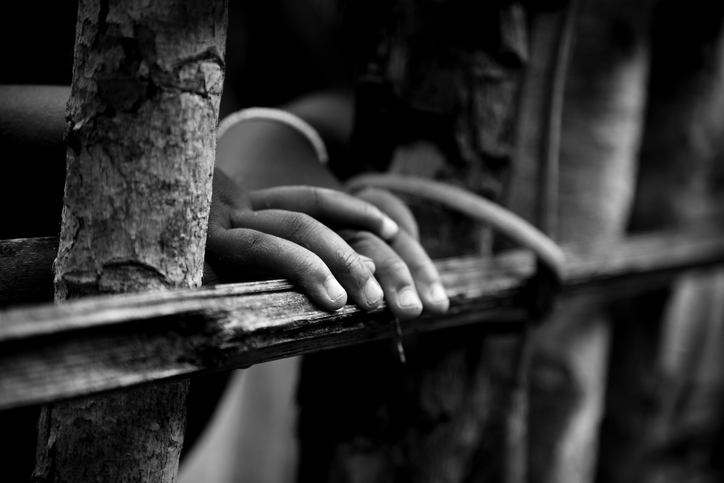by Mansour Alnogaidan
 In April 1998, Saudi King Fahd bin Abdulaziz paid a visit to the region of Al-Qasim region, which lies in the center of the kingdom. Days earlier, the king’s portraits had been displayed in the main streets of Buraidah, Al Qasim’s capital.
In April 1998, Saudi King Fahd bin Abdulaziz paid a visit to the region of Al-Qasim region, which lies in the center of the kingdom. Days earlier, the king’s portraits had been displayed in the main streets of Buraidah, Al Qasim’s capital.
It had been eight years since the visit to Al-Qasim paid by King Fahd’s predecessor, King Khaled. Changes had transpired — for the worse — which Crown Prince Mohammed bin Salman referred to last September when noting the aftereffects of the occupation of the Grand Mosque in 1979. For example, female artists were banned from public television. Women were prohibited from studying abroad. Portraits of the king and crown prince began gradually disappearing from public spaces and schools under a range of pretexts. By the time King Fahd visited Al Qasim in 1988, portraits were stigmatized by a rising religious culture which regarded illustrations of people as amounting to glorification and deification.
Two factions in Qasim were unhappy with the king’s visit — and the celebration of his presence — on religious grounds. While most remained silent, the boldest among them wrote a statement explaining why the celebrations would invoke the wrath of God. A few, seeking to distance themselves from what they believed to be an ungodly deviation, departed the city and isolated themselves in the desert 30 kilometers west of Al-Qasim. Unsure how God’s inevitable wrath would manifest, they believed that leaving the area would relieve them from accountability on Judgement Day.
The “Committee for the Promotion of Virtue and Prevention of Vice,” being a government institution, was compelled to participate in the celebrations. It displayed framed portraits of the king and crown prince — but in a subtle show of defiance, covered all the billboards until the very eve of the visit. Others who worked with the Committee took the logic of defiance a step further: They believed the portraits needed to be vandalized. One of them sprayed the largest display of the king’s image — at a crowded junction in Buraidah — with red paint. The splotches looked like red tear drops on the king’s face. The assailant had to flee the authorities before he could complete his task.
In the years that followed, the contrasts among various rejectionist elements diminished, and each came simply to reinforce the rest. Several bureaus of the Committee for the Promotion of Virtue and Prevention of Vice became stations of incitement, distributing bulletins and statements questioning the legitimacy of the country’s rulers. The same individuals who had wanted the king’s billboards and portraits removed had morphed into “takfiris.” And by September 11th, 2001, the pious individuals who had chosen to seclude themselves in the desert a decade earlier were preparing themselves and their children to fuel Al-Qaeda and its operations inside and outside the Kingdom.
In 1991, Issam Al Barqawi — aka Abu Mohammed Al Maqdisi, the eventual spiritual mentor of Al-Qaeda Iraq chief Abu Mus’ab al-Zarqawi — visited Al Qasim. The Jordanian national entered Saudi Arabia under a forged Kuwaiti passport. He found and read a book called The Clearcut Reasoning for the Illegitimacy of the Saudi State.
By September 11, 2001, a thin thread had woven all these disparate elements together.










